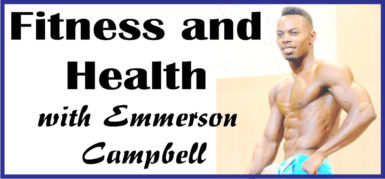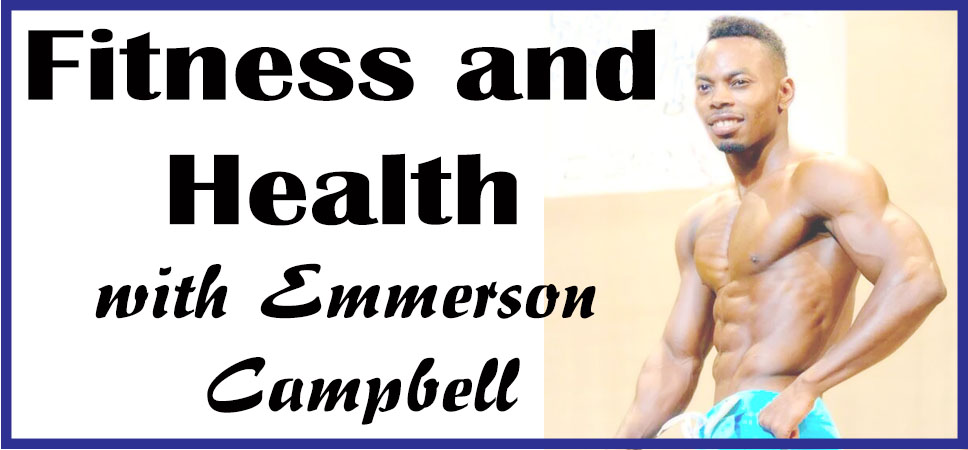
Today, I will share with you a snippet of that presentation.
As we all know food, clothing and shelter are the three main needs of a human being, food being at the top of the priority list. For many elite athletes, milk, eggs, oatmeal, bananas, oranges and sweet potatoes are always on their shopping list.
Here’s why…
Whole milk
Providing a generous helping of nutritious calories per glass, easily consumed, rich in both casein and whey proteins, packed with the electrolyte minerals magnesium, potassium and calcium, and rounded out with vitamins A, B and D, whole milk could be considered a perfect mass gain food.
Containing a hefty dose of fat to boost testosterone production (to support quality body weight gains), the ubiquitous cow juice, an old-school bodybuilding favourite, has unfortunately fallen out of favour with many of today’s iron brethren.
With the advent of low fat, high protein supplements, milk, a standalone complete protein beverage, is today more commonly used to accompany our favourite breakfast cereals. My solution: have the best of both worlds – supercharge your next shake by mixing it with whole milk.
Eggs
Eggs are just so nutritious and the perfect food to have for breakfast. They’re high in protein, good in fat and the yolks are rich in carotenoids, a nutrient that can help eye health.
Bananas
At about 100 calories a piece, bananas are a great source of easy-to-digest sugar and natural electrolytes. They may not be as convenient as bars or gels, but they’re a good option for people who are looking for a natural, less-processed alternative that basically does the same thing.
They’re also a favourite post-workout recovery food, and for good reason: One medium banana contains 422 mg of potassium, which your body needs to regulate fluids and prevent muscle cramps and spasms. Because you sweat out potassium during physical activity, it’s important to replenish as soon as possible afterward.
Oatmeal not instant oats…
A versatile breakfast staple, oatmeal is a great source of carbohydrate energy for athletes, plus it’s high in fibre, which keeps you full longer and helps maintain glucose levels. In addition, it’s 100 percent whole grain, which may reduce the risk of heart disease.
Instant oats have a glycemic index of 83, compared to 55 for the regular oatmeal. This means that the instant option is more likely to cause an insulin spike, which will cause you to store all those carbs as flab.
Oranges
Another athlete-friendly food that comes pre-wrapped is oranges. Oranges are rich in vitamin C to help with healing and boost the immune system. They’re also juicy and refreshing, which make them a great snack at halftime.
Sweet potatoes
Sweet potatoes aren’t called ‘sweet’ for nothing. When cooked, they have a buttery flavour that doesn’t need added sugar. The naturally occurring sugars in vegetables like sweet potatoes and beets are bundled with other nutrients and dietary fibres, which make them a healthier option than processed foods packed with added sugar. The fibre fills you up faster, which may help you avoid overindulging.
You’re smart to eat sweet potatoes, and may get smarter still, since they’re full of vitamin B-6. This important vitamin is involved in the production of neurotransmitters, chemicals that help signals move from one brain cell to another. One study suggested that higher intakes of vitamin B-6 from food sources may play a role in maintaining mental health. Far from being a one-hit dietary wonder, vitamin B-6 also plays a crucial role in enzyme reactions involved in protein, carbohydrate, and fat metabolism.






